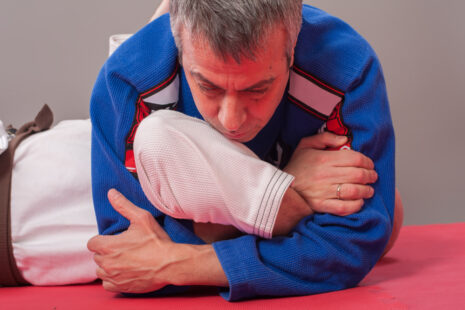The perception that gymnasts eat very little is not universally true and can be misleading.
While some gymnasts may be conscious of their dietary intake, the idea that gymnasts eat very little can stem from a combination of factors…
- Weight Considerations – Gymnastics is a sport that places a high emphasis on strength-to-weight ratio and body aesthetics. Some gymnasts, particularly those in artistic gymnastics, may be mindful of their weight to maintain agility, power, and flexibility for optimal performance. As a result, they may follow structured meal plans or dietary restrictions to manage their weight.
- Athletic Demands – Gymnastics is a physically demanding sport that requires high energy expenditure during training and competition. Despite their smaller stature compared to athletes in other sports, gymnasts often require significant caloric intake to fuel their workouts, support muscle recovery, and meet the metabolic demands of training.
- Body Image Pressures – Gymnasts, like athletes in many other sports, may face pressures related to body image, aesthetics, and performance expectations. These pressures, whether internal or external, can influence eating habits and dietary choices among gymnasts.
- Individual Preferences and Needs – Just like individuals in any other population, gymnasts have diverse dietary preferences, nutritional needs, and eating habits. While some gymnasts may adopt more restrictive eating patterns, others may have balanced diets that adequately fuel their athletic performance and support overall health.
It’s important to recognize that every gymnast is unique, and dietary habits can vary widely among individuals based on factors such as age, gender, training intensity, metabolic rate, nutritional knowledge, and cultural influences. While proper nutrition is essential for optimizing athletic performance and overall well-being, extreme dietary practices or disordered eating behaviors can have negative consequences on health, performance, and long-term development.
Athletes, including gymnasts, should strive for balanced, nutrient-rich diets that provide adequate energy, macronutrients (carbohydrates, protein, and fats), vitamins, minerals, and hydration to support their training needs and promote optimal health and performance. Seeking guidance from qualified sports nutrition professionals and healthcare providers can help gymnasts develop healthy eating habits and dietary strategies that align with their athletic goals and individual needs.




